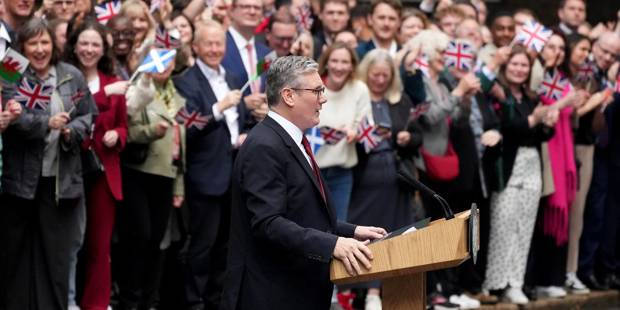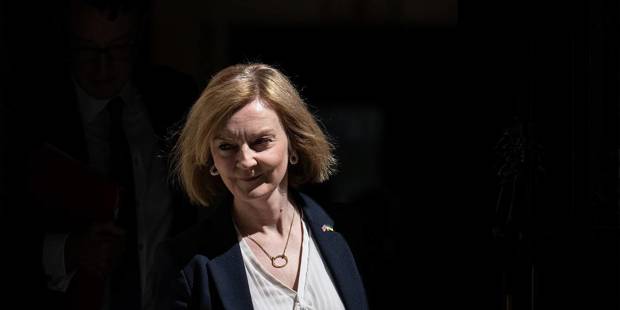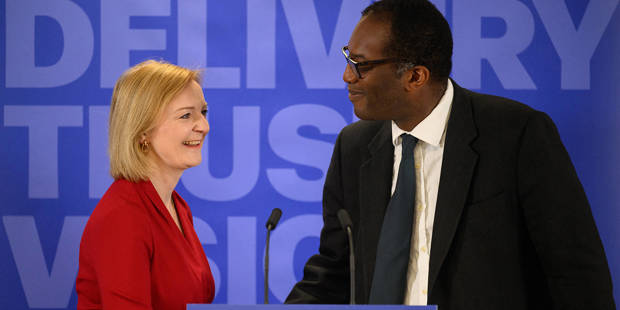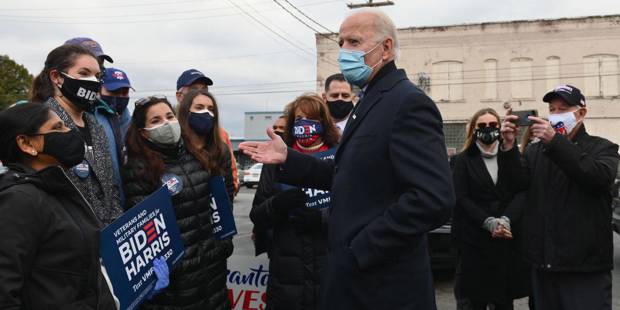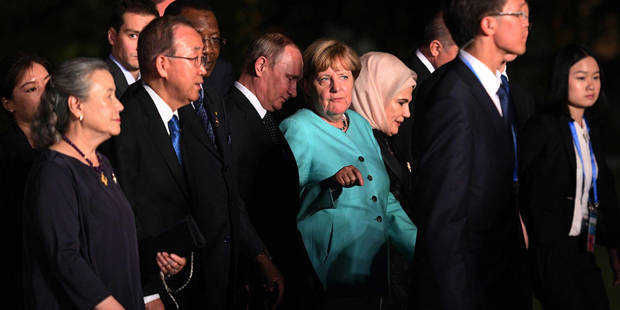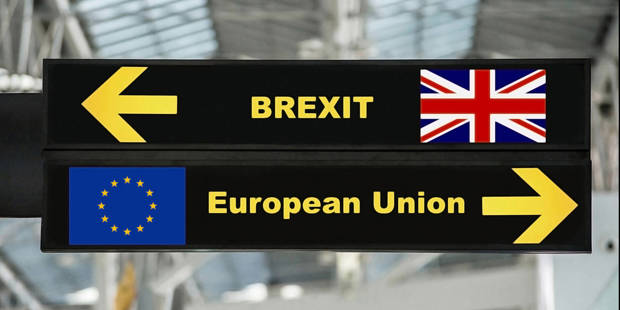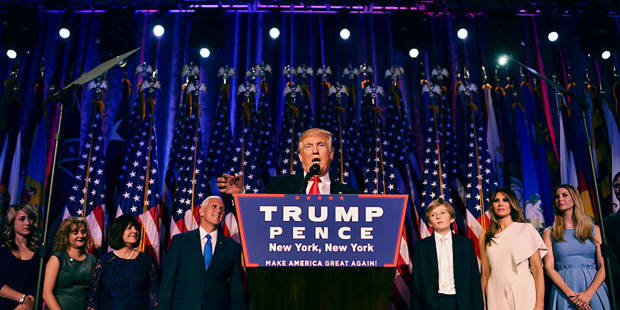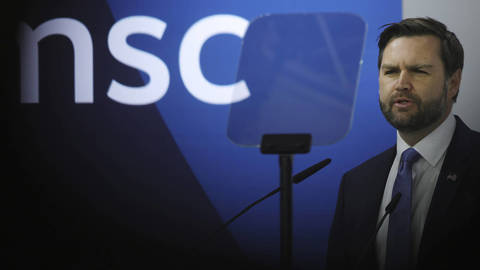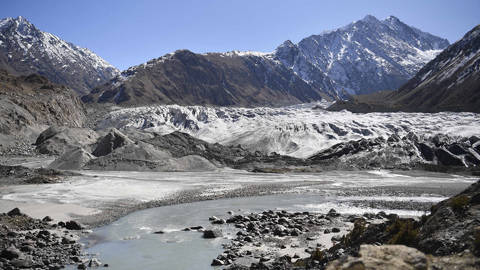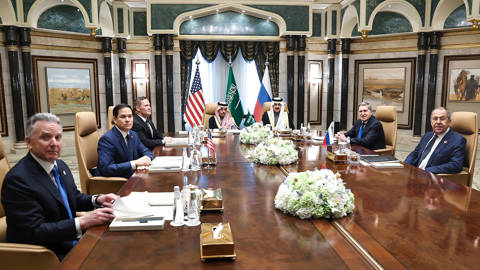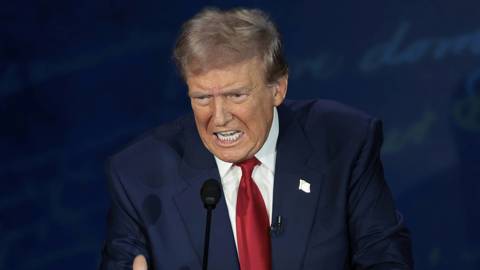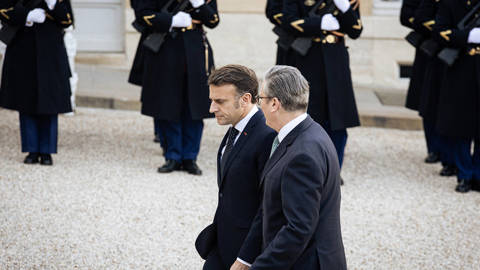Renewing Europe
It may be wishful thinking or just parochialism, but I am extremely encouraged by the fact that this stirring appeal for “more Europe” begins and ends with the challenge of Brexit. Perhaps this suggest a recognition that Brexit now presents the biggest threat but also the biggest opportunity for Europe. If Brexit goes ahead it will not only damage European prosperity and security by removing the EU’s second biggest economy and biggest military power. Much worse, it will demonstrate that the EU and the euro are not irreversible and will therefore give credibility and legitimacy to the nationalist forces in Italy, France, Germany the Netherlands and other countries campaigning to break up the EU and the euro.
But if Britain changes its mind and decides to remain in Europe, all the nationalist political movements inspired and legitimized by Brexit will be ruined. The French National Rally, Italian League and German AfD would against be dismissed as fantasists and confined to the lunatic fringe of politics. Whether Brexit actually happens depends on the decisions to be made within the next few days by EU leaders. If Macron really wants to combat nationalism and strengthen Europe, the best thing he could do is create conditions for Brexit to be delayed until 2020 – and give Britain the time it needs to change its mind.
